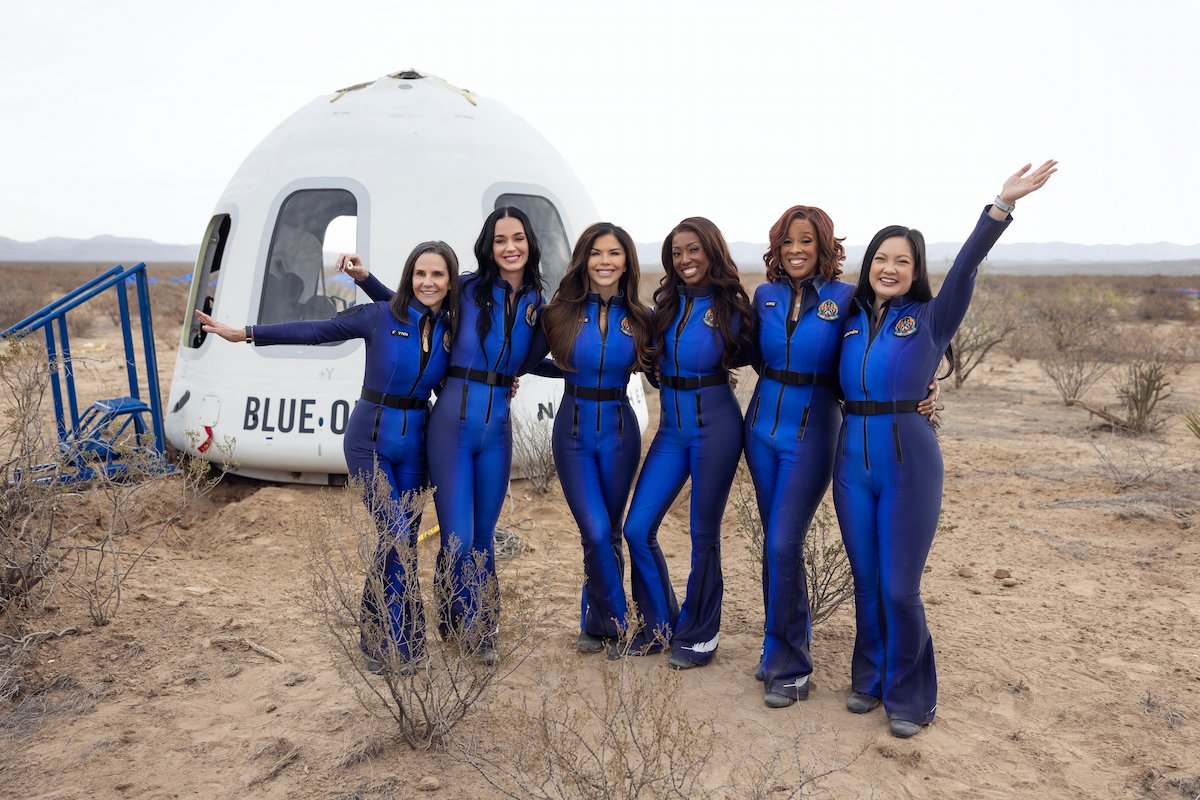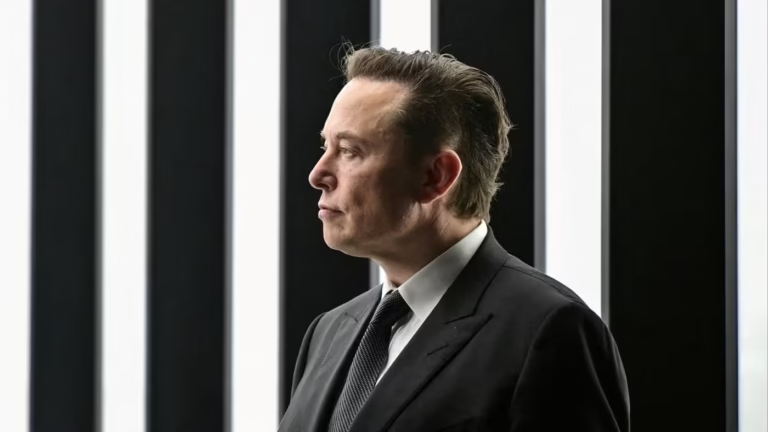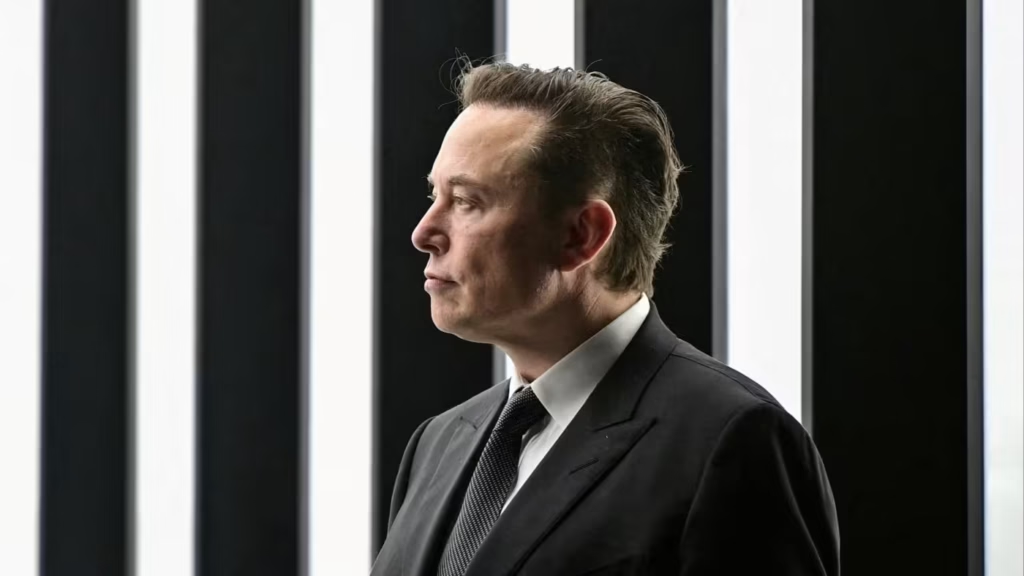Humanity’s journey into space has long captivated imaginations. Today, private companies are transforming this dream into a tangible reality for a select few. Blue Origin, founded by Jeff Bezos, stands at the forefront of this new era of space tourism. Its New Shepard suborbital vehicle offers passengers a brief yet profound journey to the edge of space. Blue Origin Spaceflights service has garnered significant attention, especially with the recent NS-31 mission that carried an all-female crew, including pop superstar Katy Perry and TV host Gayle King, marking a viral moment in space history.
Blue Origin Spaceflights: NS-31’s Historic All-Female Mission
It made headlines globally with its NS-31 mission on April 14, 2025. This flight was truly historic. For the first time since Valentina Tereshkova’s solo flight in 1963, an all-female crew launched into space. The six remarkable women on board were pop icon Katy Perry, renowned journalist Gayle King, Blue Origin founder Jeff Bezos’s fiancée Lauren Sánchez (who organized the flight), former NASA rocket scientist Aisha Bowe, bioastronautics research scientist Amanda Nguyen, and film producer Kerianne Flynn.
This specific flight captivated audiences worldwide, driving trending hashtags like #AllWomenMission and #BlueOriginVIP. Perry described the experience as “life-changing,” a sentiment often echoed by those who witness Earth from above. King, visibly moved, shared her awe upon return, emphasizing the profound impact of seeing our planet from the cosmic vantage point. Such missions undoubtedly push boundaries, demonstrating new possibilities in human space travel.
The Zero-G Experience: What Happens on a New Shepard Flight?
A Blue Origin New Shepard flight offers a meticulously planned suborbital journey. Passengers first undergo comprehensive training and safety briefings. On launch day, they board the crew capsule atop the New Shepard rocket. Once cleared, the rocket ascends rapidly, exceeding Mach 3 (three times the speed of sound). At an altitude of approximately 107 kilometers (66 miles), the capsule separates from the booster. This moment initiates several minutes of exhilarating microgravity.
During these precious minutes, passengers unbuckle from their seats. They float freely within the capsule, enjoying unparalleled, panoramic views of Earth’s curvature against the dark expanse of space through large windows. After experiencing weightlessness, the capsule descends. Three parachutes deploy, ensuring a gentle, soft landing in the West Texas desert. This entire approximately 10-minute, 21-second journey delivers an unforgettable perspective, transforming its participants.
Costs and Controversy: Is Space Tourism for the Elite?
The cost of a seat on a Blue Origin New Shepard flight remains a closely guarded secret. However, reports suggest prices run into the millions of dollars. For example, the first auctioned seat on New Shepard’s inaugural crewed flight fetched a staggering $28 million. This high price point places Blue Origin Spaceflights firmly within the realm of luxury, accessible primarily to the ultra-wealthy.
The NS-31 mission, despite its symbolic significance, also reignited the ongoing controversy surrounding space tourism. Critics argue these opulent flights represent “space tourism for the 1%” and divert resources amid pressing global challenges, like climate change. The debate intensifies as activists question the ethical implications of such ventures when earthly problems persist. Nevertheless, proponents highlight the technological advancements and inspiration these flights provide.
The Ethical Debate Surrounding Blue Origin Spaceflights
The ethical considerations of private space tourism, especially from companies like Blue Origin, continue to be a hot topic. Critics voice concerns that the immense financial investments in these flights could be better utilized to address urgent societal needs, such as poverty, healthcare, or environmental conservation. They perceive these endeavors as distractions, benefiting only a privileged few.
Conversely, supporters emphasize the broader benefits of advancing space technology. They argue that these commercial flights foster innovation, stimulate economic growth, and create high-tech jobs. Furthermore, they believe that progress in reusable rocket technology, championed by Blue Origin, could eventually lead to more affordable and sustainable space access. This could benefit scientific research, resource utilization, and even inspire a new generation to pursue STEM careers.
Future Prospects for Blue Origin Spaceflights
Blue Origin has ambitious plans extending far beyond suborbital tourism. The company actively develops New Glenn, a much larger orbital-class rocket. This rocket aims to transport heavier payloads and potentially facilitate human missions to Earth orbit and even deeper space. Blue Origin also plays a crucial role in NASA’s Lunar Lander program. This initiative seeks to return humans to the Moon, underscoring the company’s commitment to expanding humanity’s presence in the cosmos.
Blue Origin envisions a future where millions of people live and work in space, harnessing its vast resources for the benefit of Earth. Therefore, for Blue Origin Spaceflights, this implies a continuous focus on increasing the frequency and capacity of New Shepard missions. As technology evolves and costs potentially decrease, suborbital tourism could transition from an exclusive luxury to a more broadly accessible adventure.
Conclusion: The Evolving Narrative of Space Tourism
The NS-31 mission, featuring Katy Perry, Gayle King, and an inspiring all-female crew, cemented Blue Origin Spaceflights as a significant force in the evolving space tourism landscape. While these celebrity journeys spark fascination and conversation about the future of exploration, they also provoke important ethical discussions about accessibility and global priorities. As Blue Origin continues to innovate and expand its capabilities, its impact on shaping humanity’s future in space will undoubtedly grow, moving from a novel experience to a potentially transformative industry.
For more news and updates, please visit PFM Today.















